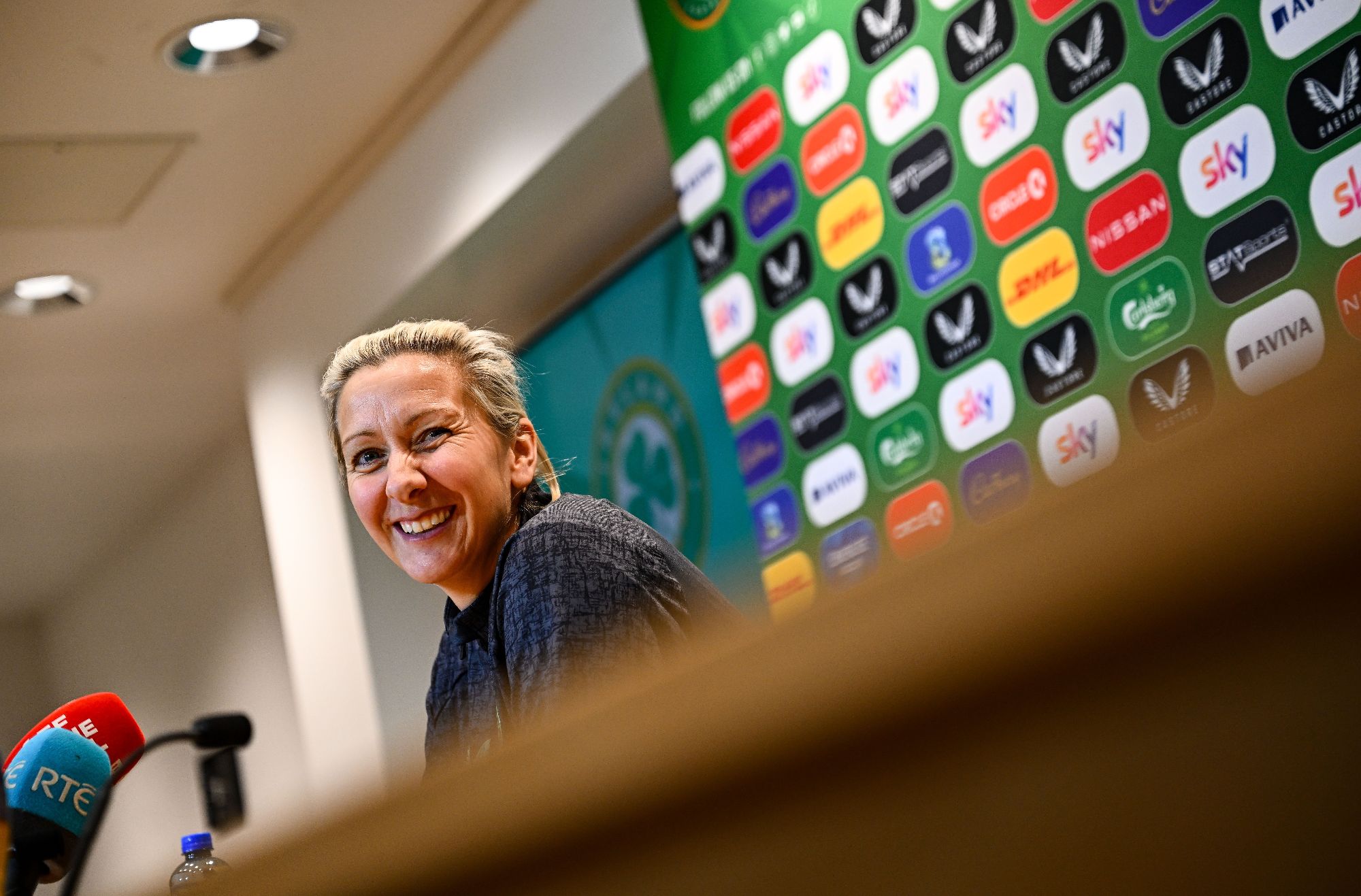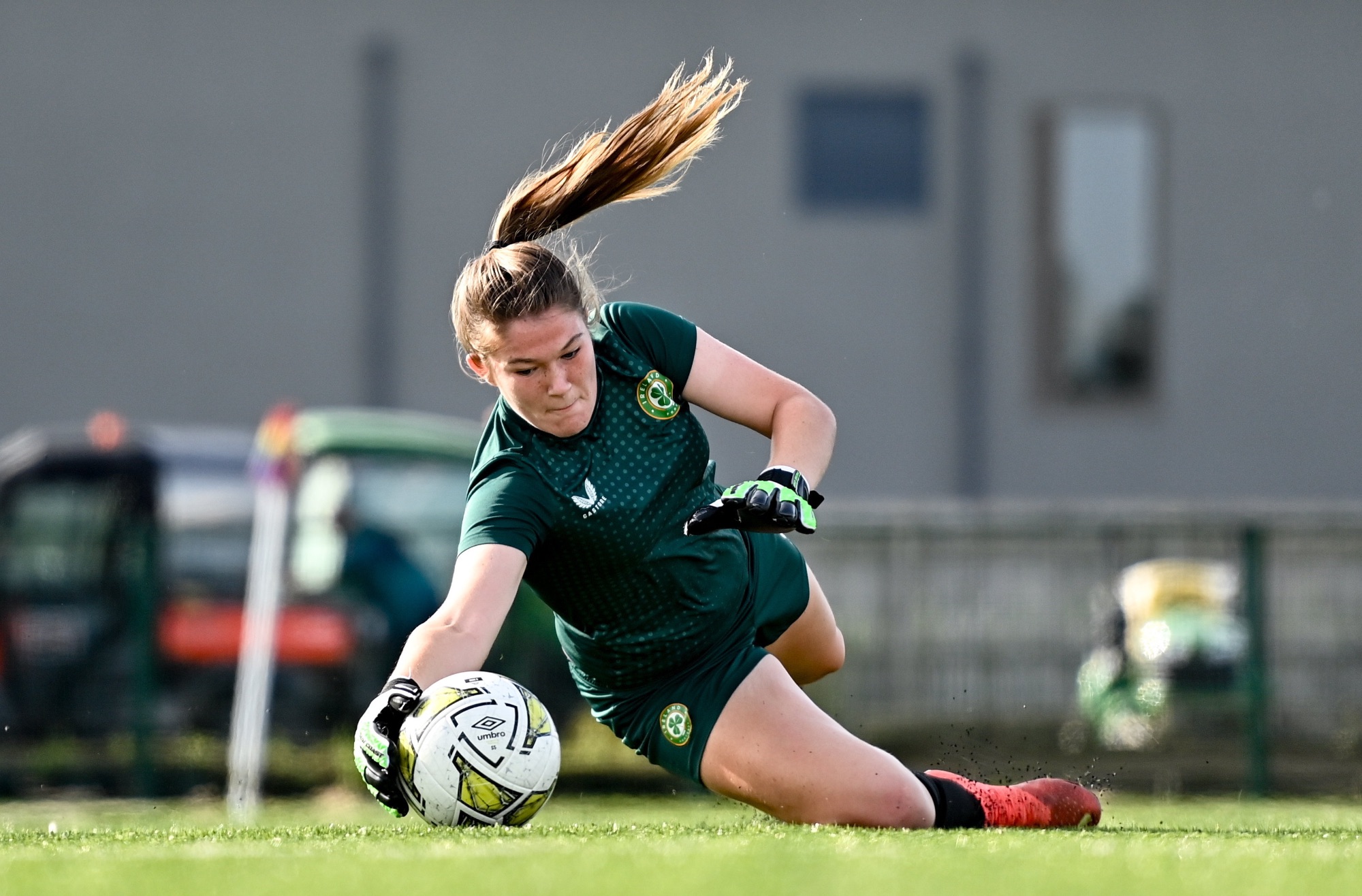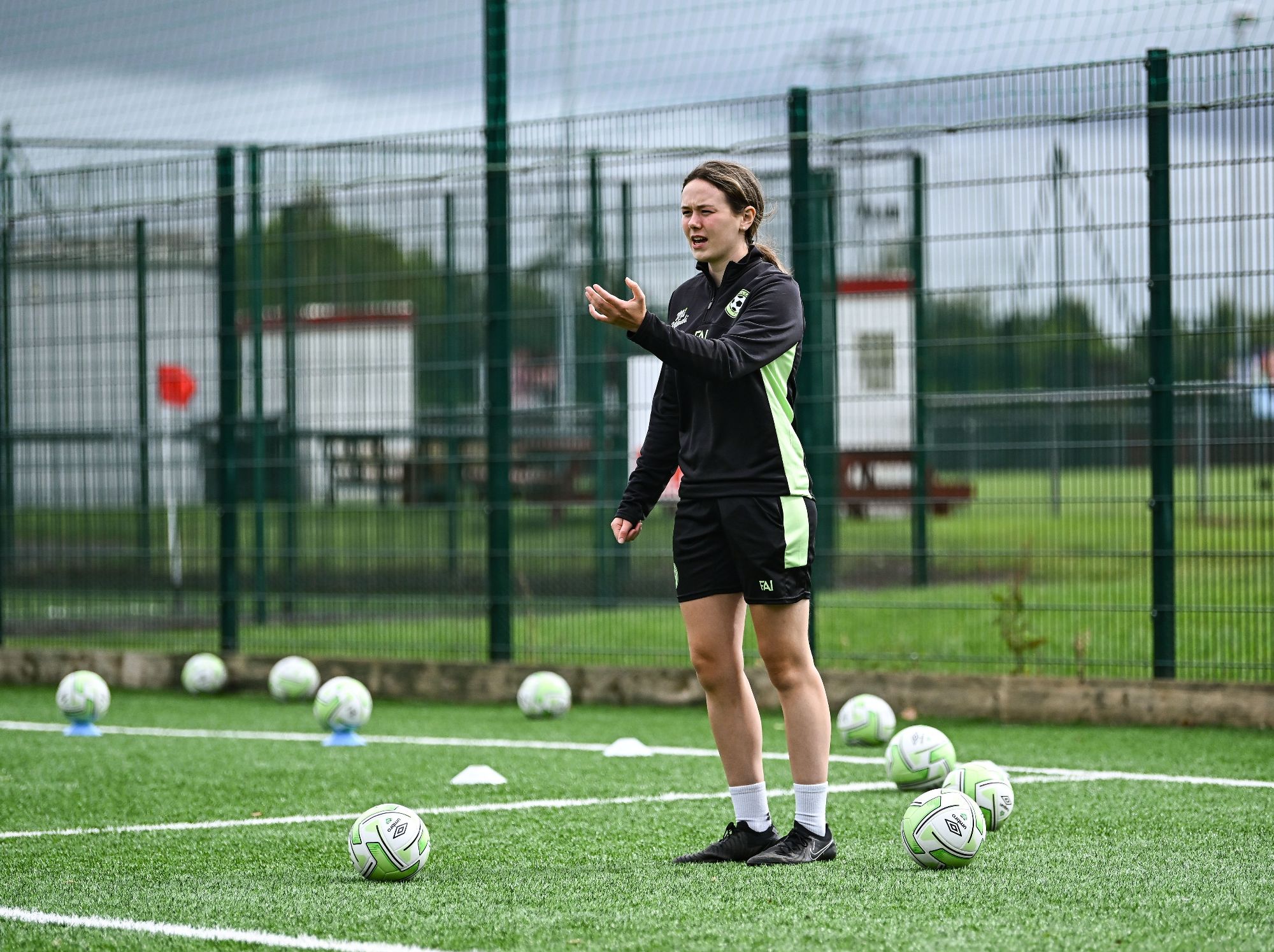-
- NationalPlay
- Play and Participate
- Women and girls football
- Safeguarding
- Players
- Coaches
- Referees
- Volunteers
- Leagues and clubs
- Football Pathways Plan
- In Her Boots in Partnership with AVIVA
- Grassroots Newsletter
ClubsSafeguard- Clubs/Volunteer
- Players
- Parents
- Referees
- Safeguarding framework
- Reporting concerns
- Safeguarding resources
- External Support
- Safeguarding courses
- FAI Garda Vetting
MenuUEFA SROI study confirms €1.8bn impact
Nov 17 2021

Grassroots football in Ireland now delivers an annual €1.8billion impact to Irish society according to a landmark survey carried out for the FAI by UEFA for its Social Return On Investment model which is endorsed by the World Health Organisation, United Nations and the Council of Europe’s Enlarged Participation Agreement on Sport (EPAS).
The 2021 survey, which was commissioned by UEFA and undertaken by leading sports research company Substance, shows increases across all of the areas covered by the corresponding 2019 UEFA research and highlights the increased contribution to Irish society driven by Ireland’s 221,500 registered players and 42,950 registered core volunteers across all levels of grassroots football under the FAI umbrella. The highlights include:
- The current annual minimum impact of participation total of €1.8billion features €304million from the economic impact of social benefits, €355million in direct contributions to the Irish economy by those engaged in football activity and €1.14billion in healthcare savings and benefits from football participation.
- In terms of social benefits, volunteering accounts for €202million with education and employment returning €92million.
- Direct contributions to the Irish economy include player spending of €218million and a facility investment and use value of €136million.
- Healthcare savings arising from football participation amount to €1.14billion including €862million from improved subjective wellbeing, €261million from reduced incidence of CVD and diabetes, €13million from reduced incidence of mental health conditions, €2million from reduced cases of cancer and €896k from health related projects and programmes,
Speaking at today’s launch, Minister of State for Sport Jack Chambers said: “This is a significant and hugely important piece of research which clearly demonstrates the enormous social benefits from participation in physical activity and football specifically. The link between playing football and the associated health benefits have long been understood but now there is clear information and data to underscore how important and beneficial investment in grassroots football really is.
"The report shows that healthcare savings arising from football participation amount to €1.14billion. In particular I note savings of €13million from reduced incidence of mental health conditions through football participation. I want to thank everyone involved in the production of this report, particularly the FAI and UEFA as well as all the players, parents, coaches and volunteers in clubs around the country for their commitment to grassroots football.”
Welcoming the latest SROI Model findings, FAI Grassroots Director Ger McDermott said: “These UEFA Grow SROI results come at a time when we are formulating the FAI Strategy 2022 to 2025 document and will inform all future discussions with Government and external stakeholders around supporting football to have an even greater impact on Irish society.
“As these findings prove, the impact of Grassroots football on Irish society and local economies is significant and the figures in this report highlight the huge impact in so many key areas, including economic, health and wellbeing, that football has on all sectors of Irish life. I am delighted that we can now put a value on how much Ireland’s biggest participation sport gives back to the country. In the area of mental health alone we see huge potential to grow that €13million figure given our recent partnership announcement with the youth mental health charity Jigsaw as chosen by FAI staff.
“One of the key strategies for the FAI going forward is to grow participation at all levels of the game for girls, boys, women and men and we can now see the positive impact increased participation will have on Irish life as well. I want to thank UEFA Grow and Substance for compiling this report for us and I look forward to discussing these figures with all stakeholders as we examine how we can best utilise them to develop Grassroots football for all our players, coaches and volunteers.”
Speaking at today’s launch of the SROI findings in Dublin, FAI Board Member Packie Bonner said: “As a grassroots footballer myself back in the day with Keadue Rovers in Donegal, I am pleased to see just how much of an impact our game makes on all aspects of Irish life. These figures are fascinating and reflect the status and importance of Irish football. I am sure they will fuel many conversations with all stakeholders in the coming months as we finalise our FAI Strategy 2022-2025.”
UEFA’s Strategic Development Manager Liam McGroarty commented: “Sport and football are key players that contribute more than competitions, events, and elite athletes to society and investing in sport delivers key social outcomes for many different groups in society. The return is clear and these studies confirm we must continue to invest in and design sport and football for development goals.”
Tim Crabbe, from UK based firm Substance who carried out the research on behalf of UEFA, said: “These SROI results provide us with a valid basis for demonstrating the significant impact that grassroots football across Irish society and in the areas of health, economic and social impact. It will assist the FAI in instigating conversations with Government and commercial partners to create further interest in investing in football in line with the new FAI Strategy.”

Shop now — Official Ireland kit and merchandise
Shop nowShop now
Get closer to the action with LOITV
Watch nowWatch now
Club Ireland — Experience it all and gain benefits
Subscribe nowSubscribe nowUpdate your browser to view this website correctly. Update my browser now
















